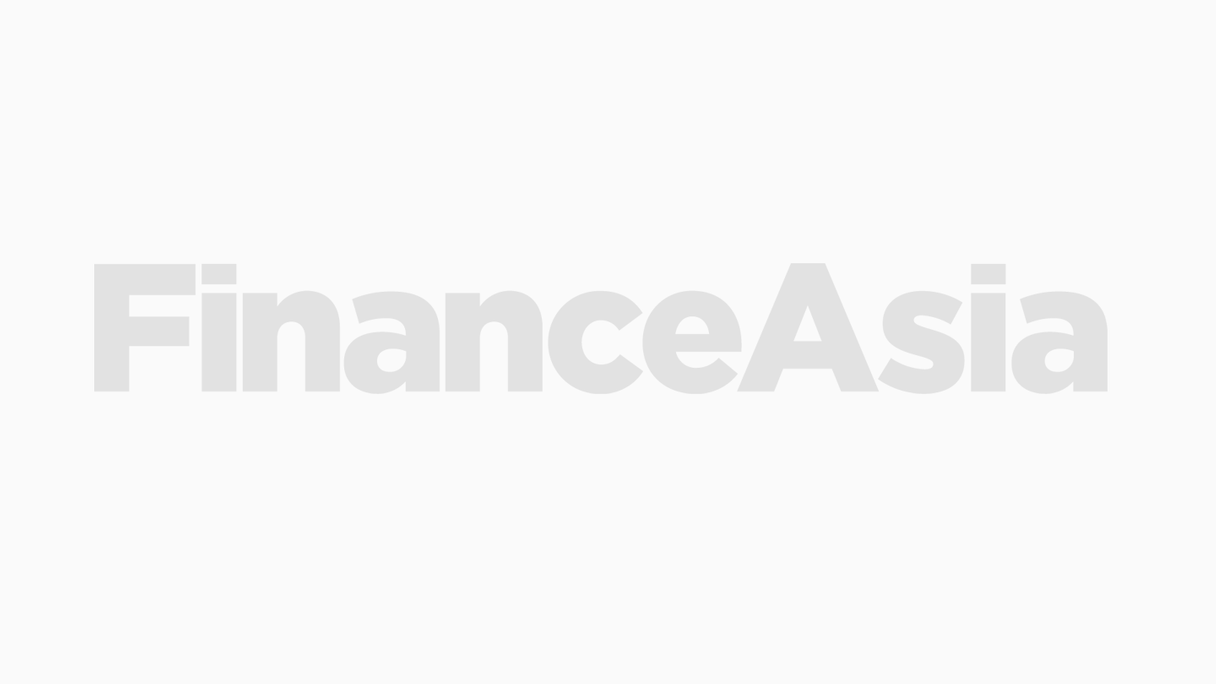Indonesia's plan to sell stakes in two major state-owned enterprises (SOEs) is on track, according to Parikesit Suprapto, deputy minister of SOEs for financial institutions.
Garuda's long-awaited initial public offering is likely to be launched in the third quarter, and could raise up to $400 million. The national airline has recently reached an agreement to restructure its debts with the European Credit Agency, which is its biggest creditor.
The government also intends to sell a 30% stake in Krakatau Steel in November to raise a similar amount. Last year, the company signed a preliminary agreement with Korea's Pohang Iron & Steel to build a new steel plant at Krakatau's industrial complex in Cilegon, West Java.
Suprapto was addressing investors at a lunch arranged by Credit Suisse in Hong Kong this week. Also in the audience were senior executives from 10 Indonesian SOEs, including Bank Mandiri, Telekomunikasi Indonesia and Bank Rakyat Indonesia RI.
Suprapto outlined "four key strategic initiatives" for the country's 141 SOEs: transforming their working culture by accessing the international capital markets; restructuring by forming sector holding companies; privatisation following initial capital raising efforts; and "strategic development" through "going international".
Indonesia's SOEs should be "world class corporations", he said. Implementation of these initiatives would lead to improvements in "profitability, accountability and transparency".



